'The Wizard of Lies' – Robert De Niro's Bernie Madoff Drama is a Cheat
The Guardian
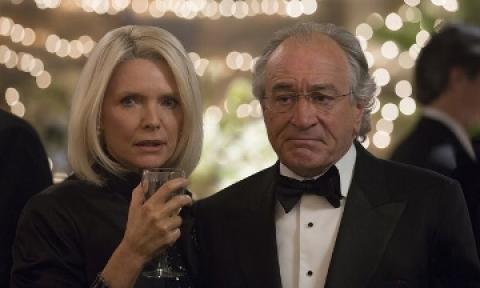
The film's creators may have the best of intentions, but their plea for greater understanding will likely fall on deaf ears since they’ve only inadvertently confirmed Madoff’s self-pitying defense by portraying members of the working class as collateral damage in the Bernie Madoff story. By normalizing Madoff’s behavior, 'The Wizard of Lies' thoughtlessly asks us to sympathize with a devil we don’t want to know.

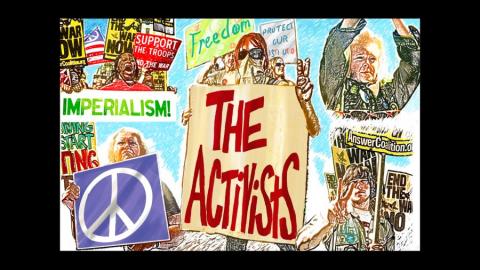
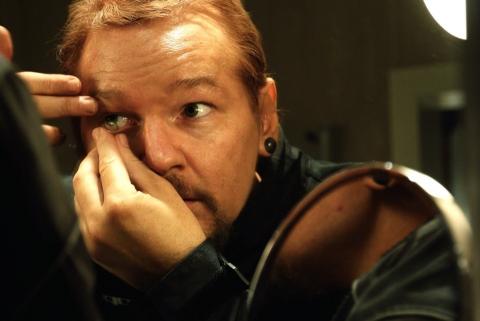
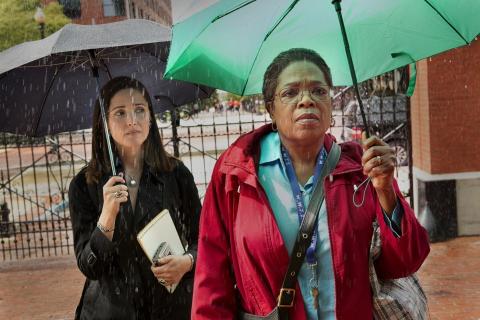


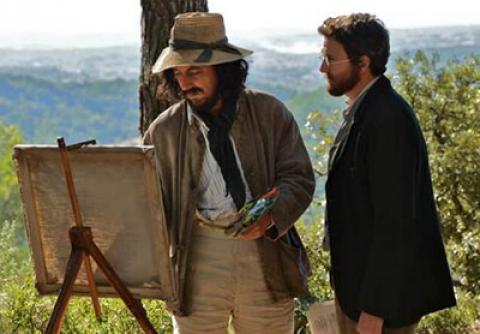
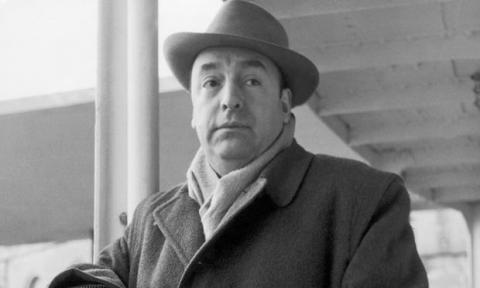

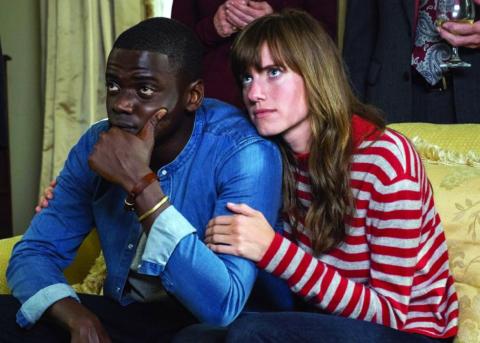
Spread the word